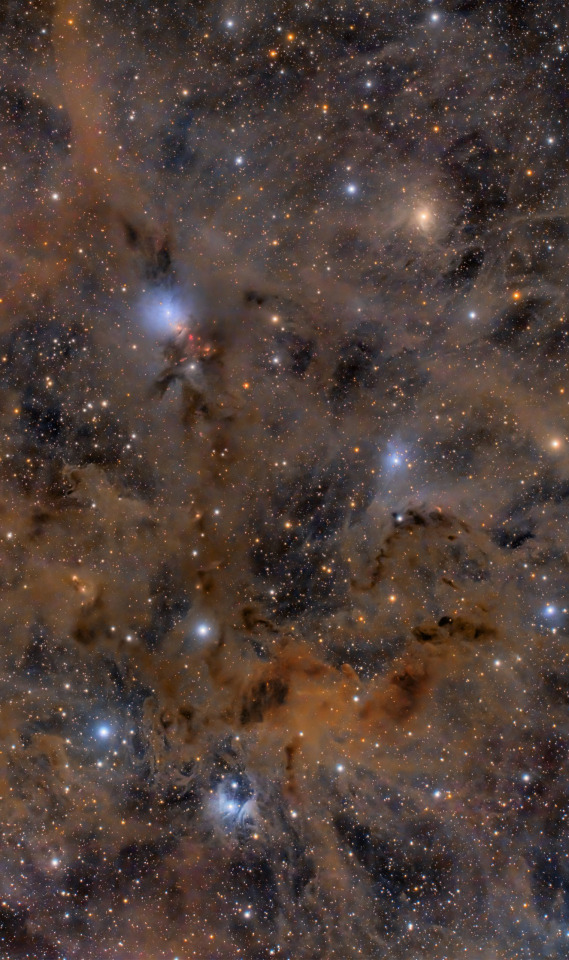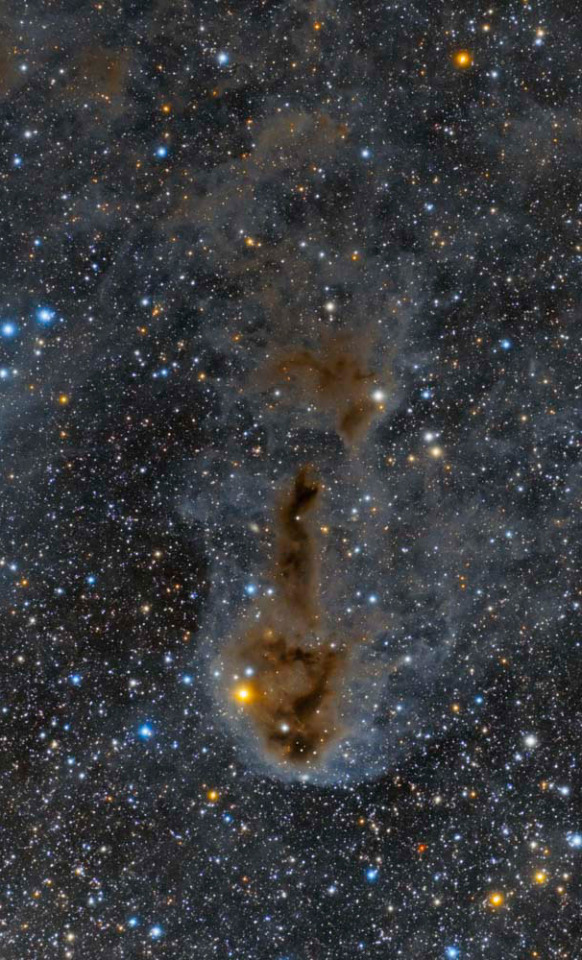Double Slit Experiment Gives Me The Chills...
Double slit experiment gives me the chills...
Tried to understand the double slit experiment to understand Schrodinger's cat...I either got more confused and understand nothing or I understand it perfectly. It's one or the either. Or both. It might be both. It's probably both. I think it's both.

More Posts from Astrowizkids and Others
How To Prepare To Go Stargazing
Preparing To Go Stargazing
So you want to go stargazing...and you have the perfect night and location picked out...the question is: What do you bring? What do you wear? Should you bring food? Drinks? Chairs? A backpack?
Well, you've come to the right place. Prepare to have all your questions answered here!
Clothing
Generally, the best nights for stargazing are colder ones or you'll be up at higher altitudes in the middle of the night, so dress cozily! Check the weather forecast before heading out and dress appropriately, with a nice, warm jacket, pants (shorts are probably a no-no), a beanie, and gloves depending on where you're going. It never hurts to have backup extra layers stored in the car as well.
Stargazing Materials
Obviously, bring your telescope! If you don't have one, no worries, you can bring binoculars, borrow a telescope from your nearby observatory, or just go watch the stars with your naked eye--I promise it won't be any less breathtaking.
But if you're planning on bringing your telescope, make sure to bring a beach towel or something else to place your telescope on--a plastic tub as a base works well too for telescopes that don't have tripods. Also, make sure to have something handy to clean your lens with, just in case it gets dusty or windy.
Lights
It's best to avoid looking at your phone or any white lights to help your eyes adjust to the darkness and see the stars better, so pack a red light torch and activate red light on your phone screen so if you need to check your phone for any reason, or to access an astronomy app, you don't blind your eyes with the white light.
Food and Drinks
This is all based on preference, but it's always fun to have a small campfire and roast s'mores while drinking hot chocolate. Depending on how long you plan to be stargazing, prepare drinks (have a few water bottles on hand just in case) and some snacks and have a good time talking, watching the stars, and snacking with others.
Other Essentials
Make sure to have extra power chargers--portable batteries, power tanks, a pack of batteries, etc.--just in case anything runs out of power, especially if you're in a remote location.
A first-aid kit is important because you never know what might happen or when someone will need a band-aid. Keep a small first-aid kit in your car, stocked with (at the very least) band-aids (large and small size), Neosporin, gauze, and clean anti-bacterial wipes.
If it's summertime, it's probably also a smart idea to invest in some mosquito or bug spray, or get bug-repelling bracelets to keep the bugs from spoiling your night.
That's All!
You are set to go stargazing, so get out there and have a fantastic time!
just added a new place to my bucket list


Aurora Borealis dancing in Southern Ontario l Jason O'Young

Jupiter’s innards are full of the remains of baby planets that the gas giant gobbled up as it expanded to become the behemoth we see today, scientists have found. The findings come from the first clear view of the chemistry beneath the planet’s cloudy outer atmosphere.
Despite being the largest planet in the solar system, Jupiter has divulged very little about its inner workings. Telescopes have captured thousands of images of the swirling vortex clouds in the gas giant’s upper atmosphere, but these Van Gogh-esque storms also act as a barrier blocking our view of what’s below.
“Jupiter was one of the first planets to form,” in the first few million years when the solar system was taking shape around 4.5 billion years ago, lead researcher Yamila Miguel, an astrophysicist at Leiden University in The Netherlands, told Live Science. However, we know almost nothing for certain about how it formed, she added.
In the new study, researchers were finally able to peer past Jupiter’s obscuring cloud cover using gravitational data collected by NASA’s Juno space probe. This data enabled the team to map out the rocky material at the core of the giant planet, which revealed a surprisingly high abundance of heavy elements. The chemical make-up suggests Jupiter devoured baby planets, or planetesimals, to fuel its expansive growth.
Continue Reading.
Worm Saliva Breaks Down Tough Plastic
Polyethylene, a durable plastic, is widely considered one of the worst forms of plastic pollution, but chemicals found the saliva of the wax worm may hold the key to breaking it down. One hours worth of exposure to the saliva breaks down the plastic by the equivalent of years worth of weathering.
There are two enzymes responsible for this degradation, and it’s believed that they are the first effective agents found in nature.
Polyethylene comprises 30% of production of a wide range of materials such as pipes, flooring, and bottles. Its hardiness comes from its resistance to oxygen. In order to get oxygen into the plastic, it has to be treated with UV light, but, the wax worms saliva seems to have a similar, if not improved, effect.
Wax worms are well known for destroying honey bee hives, and researchers say that its this ability to destroy hives that may hold the key to their ability to degrade plastics.
The study, published in the journal, Nature, is led by a team of Spanish researchers, who now want to research further into the degradation of polyethylene by wax worm saliva, and hope that one day, people may be able to have a home kit that they can use to breakdown the polyethylene at home.
Source: BBC News, written by Matt Magrath , and, Sanluis-Verdes, A., et al., (2022). Wax worm saliva and the enzymes therein are the key to polyethylene degradation by Galleria mellonella. Nature Communications, 13(1). Available at: https://www.nature.com/articles/s41467-022-33127-w (Accessed: 5th October 2022)
Psychology 😂
Physics: i mean you could technically lick a pulley (might be harder if it's moving) jkjk
Software engineering hits a little bit too close to home
Astronomy...why can i not disagree with this statement 😂

Astronomy I-

Moon: The Hunt for Artemis
l Andrew McCarthy & Connor Matherne
-
 quickbrownfoxx-25 liked this · 1 month ago
quickbrownfoxx-25 liked this · 1 month ago -
 life0verflow reblogged this · 1 month ago
life0verflow reblogged this · 1 month ago -
 tempestuousreed liked this · 2 months ago
tempestuousreed liked this · 2 months ago -
 automaton-aficionado liked this · 3 months ago
automaton-aficionado liked this · 3 months ago -
 lucifertookmyshoe reblogged this · 4 months ago
lucifertookmyshoe reblogged this · 4 months ago -
 lanternofdoom liked this · 4 months ago
lanternofdoom liked this · 4 months ago -
 dearyouwhoarefulloflove liked this · 5 months ago
dearyouwhoarefulloflove liked this · 5 months ago -
 cloned-sheep97 liked this · 6 months ago
cloned-sheep97 liked this · 6 months ago -
 anightstale liked this · 6 months ago
anightstale liked this · 6 months ago -
 highskyclouds liked this · 9 months ago
highskyclouds liked this · 9 months ago -
 truly-fantastic-me liked this · 9 months ago
truly-fantastic-me liked this · 9 months ago -
 without-any-title liked this · 9 months ago
without-any-title liked this · 9 months ago -
 funtime29nm liked this · 9 months ago
funtime29nm liked this · 9 months ago -
 nu1lst4rs reblogged this · 9 months ago
nu1lst4rs reblogged this · 9 months ago -
 nu1lst4rs liked this · 9 months ago
nu1lst4rs liked this · 9 months ago -
 outletcrash liked this · 10 months ago
outletcrash liked this · 10 months ago -
 sirkazuki liked this · 10 months ago
sirkazuki liked this · 10 months ago -
 bookbutterfly1999 liked this · 11 months ago
bookbutterfly1999 liked this · 11 months ago -
 theaceofyourheart liked this · 11 months ago
theaceofyourheart liked this · 11 months ago -
 windebris liked this · 11 months ago
windebris liked this · 11 months ago -
 strangewastelandpersona liked this · 11 months ago
strangewastelandpersona liked this · 11 months ago -
 echo-delta reblogged this · 11 months ago
echo-delta reblogged this · 11 months ago -
 oathofeternallove liked this · 11 months ago
oathofeternallove liked this · 11 months ago -
 happyturtlewizard liked this · 11 months ago
happyturtlewizard liked this · 11 months ago -
 kaleidoscopemandalas liked this · 11 months ago
kaleidoscopemandalas liked this · 11 months ago -
 kaleidoscopemandalas reblogged this · 11 months ago
kaleidoscopemandalas reblogged this · 11 months ago -
 ridicanist liked this · 11 months ago
ridicanist liked this · 11 months ago -
 howtogipfeli reblogged this · 11 months ago
howtogipfeli reblogged this · 11 months ago -
 wellfuckyourstub liked this · 1 year ago
wellfuckyourstub liked this · 1 year ago -
 sumoorange liked this · 1 year ago
sumoorange liked this · 1 year ago -
 bass-player liked this · 1 year ago
bass-player liked this · 1 year ago -
 freakslullaby reblogged this · 1 year ago
freakslullaby reblogged this · 1 year ago -
 freakslullaby liked this · 1 year ago
freakslullaby liked this · 1 year ago -
 lilmalyn liked this · 1 year ago
lilmalyn liked this · 1 year ago -
 wonderglass liked this · 1 year ago
wonderglass liked this · 1 year ago -
 wonderglass reblogged this · 1 year ago
wonderglass reblogged this · 1 year ago -
 chococatt0 reblogged this · 1 year ago
chococatt0 reblogged this · 1 year ago -
 chococatt0 liked this · 1 year ago
chococatt0 liked this · 1 year ago -
 offlogrid liked this · 1 year ago
offlogrid liked this · 1 year ago -
 saganves liked this · 1 year ago
saganves liked this · 1 year ago -
 tyuerght-blog reblogged this · 1 year ago
tyuerght-blog reblogged this · 1 year ago -
 stabbingthings10000times liked this · 1 year ago
stabbingthings10000times liked this · 1 year ago -
 faenix-fire reblogged this · 1 year ago
faenix-fire reblogged this · 1 year ago -
 faenix-fire liked this · 1 year ago
faenix-fire liked this · 1 year ago -
 gh-st-b-y-logbook liked this · 1 year ago
gh-st-b-y-logbook liked this · 1 year ago -
 trollnthehood liked this · 1 year ago
trollnthehood liked this · 1 year ago -
 trolledu reblogged this · 1 year ago
trolledu reblogged this · 1 year ago
Astronomy. Physics. Stargazing. Access my website here: https://astrowizkids.homesteadcloud.com/blog
34 posts









